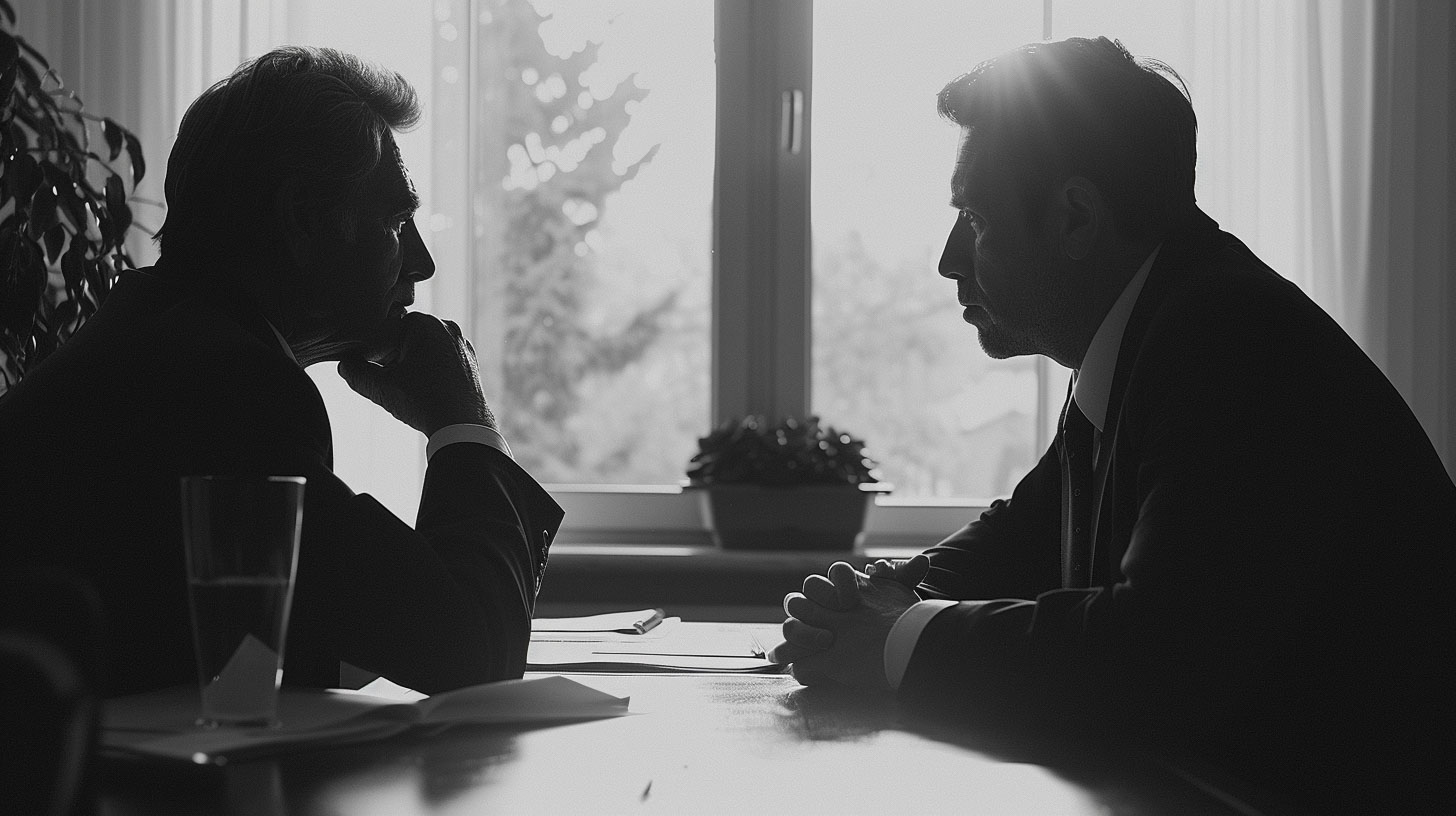Non-Governmental Organizations (NGOs) have played a significant role in various sectors globally, and Sri Lanka is no exception. In this South Asian nation, where the legal framework has evolved over centuries influenced by colonial history and post-independence developments, NGOs have been instrumental in pushing for legal reforms that align with international standards and address the needs of contemporary society.
Historical Context
Sri Lanka, formerly known as Ceylon, gained independence from British rule in 1948. The island nation’s legal system is a complex amalgamation of English common law, Roman-Dutch law, and indigenous practices. Over the years, various sectors within the legal framework have demanded reforms to cater to the changing dynamics of society, economy, and governance.
NGOs and Their Influence
NGOs in Sri Lanka have been particularly active in advocating for legal reforms related to human rights, gender equality, environmental protection, and social justice. Some notable NGOs include the Centre for Policy Alternatives (CPA), the Legal Aid Commission, and Women In Need (WIN).
Human Rights and Legal Aid
The protection of human rights has been a paramount concern for many NGOs in Sri Lanka. Organizations like the Human Rights Commission of Sri Lanka and CPA have been relentless in their efforts to address human rights violations. These NGOs work to ensure that the legal framework in Sri Lanka not only conforms to international human rights standards but also effectively protects the rights of its citizens. The Legal Aid Commission, on the other hand, ensures access to justice for underprivileged and marginalized communities, reinforcing the importance of legal reform to make the judicial system more inclusive.
Gender Equality
Gender equality is another critical area where NGOs have had a substantial impact. Women In Need (WIN), for instance, has been advocating for legal reforms to address issues such as domestic violence, sexual harassment, and gender discrimination. Their relentless advocacy has led to significant strides in legal protections for women, including stronger domestic violence laws and better support systems for victims.
Environmental Protection
Environmental NGOs like the Centre for Environmental Justice (CEJ) have been pivotal in pushing for legal reforms to protect Sri Lanka’s rich biodiversity. These organizations lobby for stricter regulations and policies to combat deforestation, pollution, and unsustainable development practices. Their work has led to the enactment of several environmental protection laws aimed at preserving Sri Lanka’s natural heritage.
Challenges Faced by NGOs
Despite their significant contributions, NGOs in Sri Lanka face numerous challenges. The political landscape can be volatile, and there are often legal and bureaucratic hurdles that impede the progress of their initiatives. Additionally, funding constraints can limit the scope of their work. Nevertheless, these organizations continue to persevere, driven by their commitment to social justice and the betterment of society.
Conclusion
In summary, NGOs have been a driving force behind many of the legal reforms in Sri Lanka. By advocating for human rights, gender equality, and environmental protection, these organizations have contributed to making the legal system more equitable and just. While challenges remain, the ongoing efforts of NGOs in Sri Lanka highlight their crucial role in shaping the legal landscape of the nation. Their work underscores the importance of civil society in fostering a just and progressive society.
Here are some suggested related links about The Role of Non-Governmental Organizations in Legal Reform in Sri Lanka:
Amnesty International
Human Rights Watch
The World Bank
United Nations
Transparency International
Law & Society Trust
Asia Pacific Forum
CIVICUS
Open Society Foundations
These links provide additional insights and resources regarding the influence of non-governmental organizations on legal reform and human rights issues in Sri Lanka.
